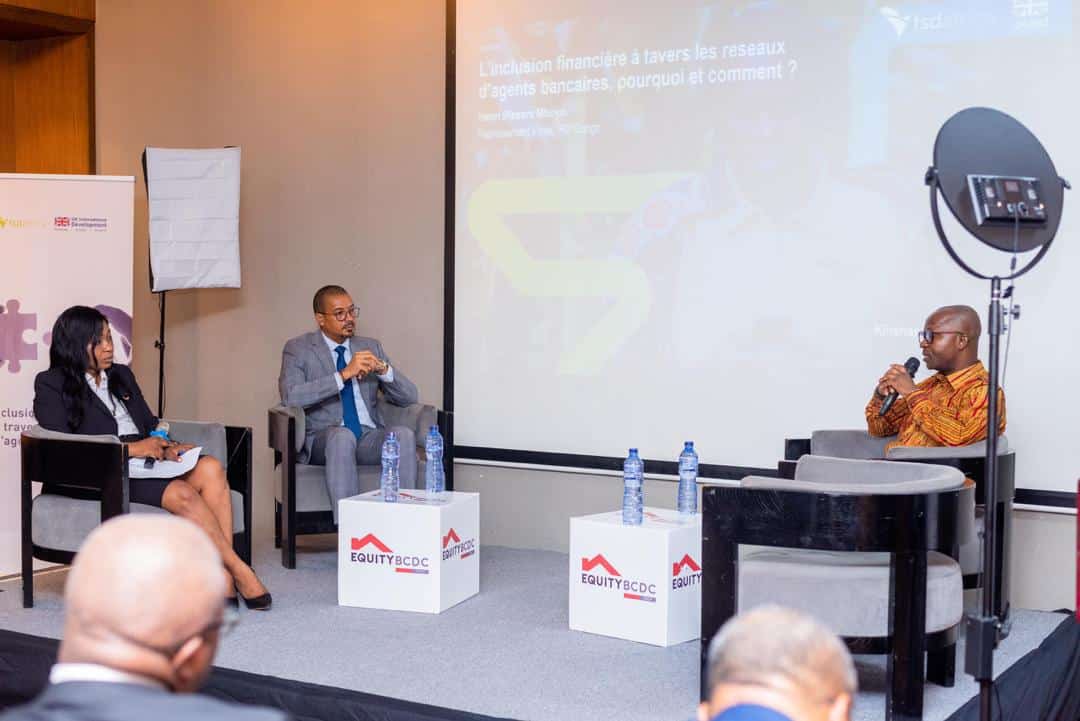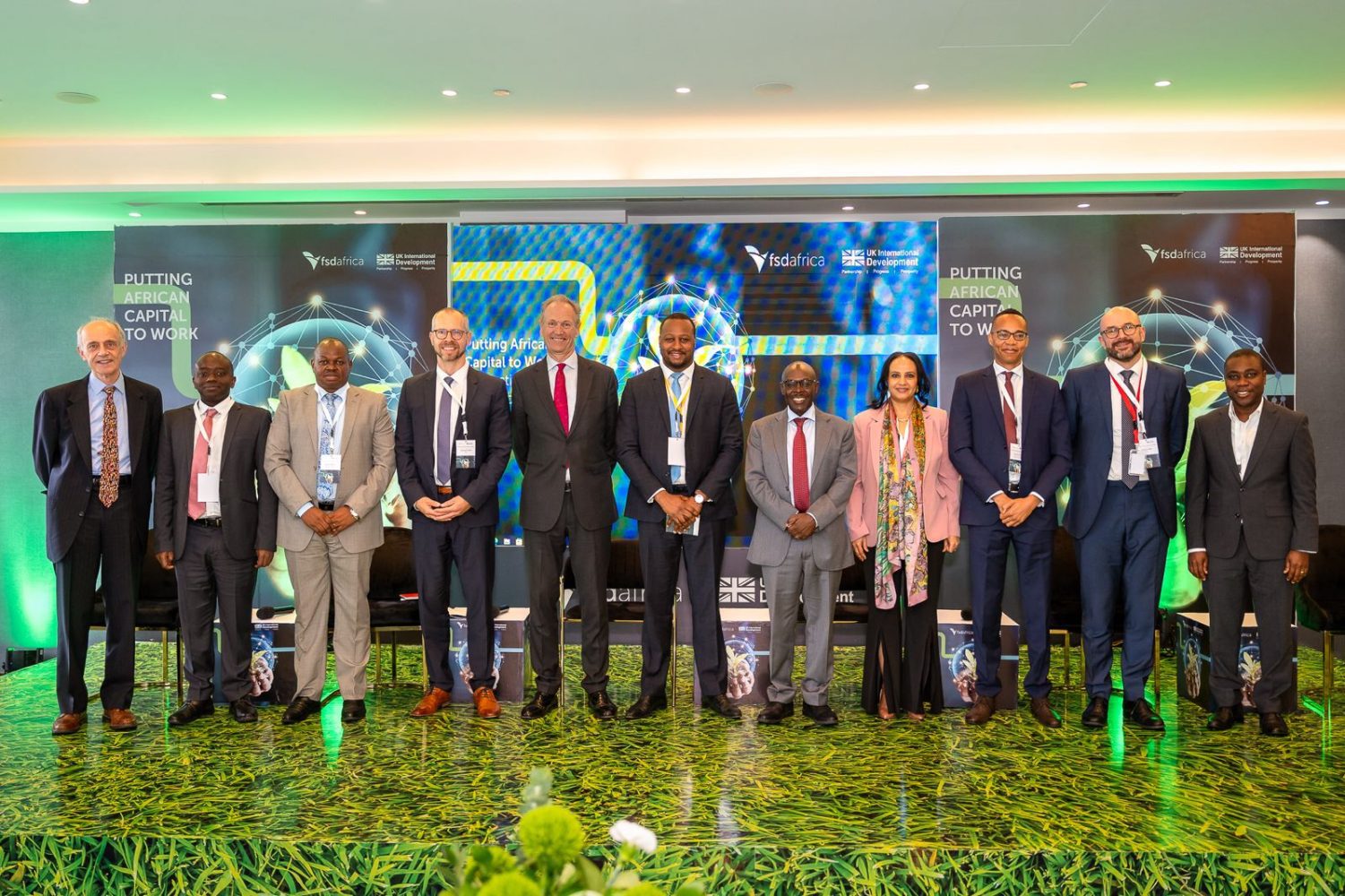TOP LINES: WHY IT MATTERS
Action Plan To Unlock $17 Trillion In Emerging Markets For Climate-Positive Growth
Only 5% Of Development Finance Is In Local Currency; Scaling Targeted Solutions To Mobilise Domestic Capital Could Halve Annual Climate Finance Gap
President Biden and Kenya’s President William Ruto met in the lead-up to the AfDB Annual Meetings – announcing the “Nairobi-Washington Vision” as a call to action to the international community to provide coordinated packages of financing support on better terms, to provide forms of debt relief and to crowd in private investment to address global challenges like climate action. The Vision describes expanded support to developing countries through efforts to reform the MDBs and unlock new lending and IDA funding. The Vision’s support packages will miss a major opportunity if they don’t put mobilising domestic capital at their heart – including the $2.3 trillion in private AUM on the African continent.
THE ANALYSIS: WHAT DOES THE REPORT SAY?
Some of the best climate investment opportunities are in emerging markets and developing economies (EMDEs) – especially in clean energy, low carbon transport, regenerative agriculture and green manufacturing.
Most of these opportunities can be financed by the private sector – yet there is still a $1.8 trillion financing gap each year for climate in EMDEs.
Most of the capital currently financing climate activities in EMDEs comes from international sources, with real barriers to scale. Meanwhile, less than 1% comes from the domestic private sector
A new report from Systemiq’s Blended Finance Taskforce and FSD Africa shows that scaling domestic investment for climate will be critical to tackle the financing gap. It estimates that there is around $17 trillion of domestic private capital under management in EMDEs, which could triple to $45 trillion by 2040.
At this growth rate, mobilising just 20% of this domestic capital could halve the annual $1.8 trillion climate finance gap in EMDEs. This could create a virtuous cycle of growth, helping create jobs, build economic resilience, deepen local financial markets and tackle debt burdens. But this will not be easy. Today, only a fraction of this $17 trillion goes into climate action: 80% of clean energy is financed by the private sector in developed countries; in Africa it is less than 12% and the proportion of domestic private capital is even lower.
The report lays out a plan for coordinated action to help mobilise domestic capital for climate action in EMDEs. It calls on multilateral development banks, regulators, governments and the private sector to do three things: First, grow the pipeline of climate-positive assets – by laying out national investment plans for climate positive growth (as has been done by Brazil with its Ecological Transformation Plan, in Namibia with its green hydrogen
economy strategy and in Bangladesh with its Climate Prosperity Plan) and building capacity with domestic investors around climate-relevant asset classes, especially infrastructure.
Second, deepen financial markets – focusing on increasing size and liquidity and ensuring the enabling environment is supportive is key. Often, geography, liquidity or asset class mandates prevent regional investment by domestic investors.
Third, design and deploy catalytic capital more effectively – including from multilateral development banks and donors. Less than 5% of development finance is in local currency and blended finance offerings which are designed to unlock private capital by tackling challenges like technology or counterparty risk are mostly focused on international investors. Scaling local currency offerings, replicating what is already working (e.g. local currency guarantee products offered by GuarantCo companies) and ensuring international investors are more actively targeting solutions for domestic pension funds can immediately make an outsized difference. African financial institutions are preparing to drive this change. Within Kenya, President Ruto’s focus on climate-positive growth and the mobilisation of institutional capital for infrastructure through the Kenya Pension Fund Investment Consortium (KEPFIC) are bright examples. Across the continent, the African Development Bank is driving progress in this area through initiatives such as the Climate Action Window and the Climate for Development Special Fund. Other stakeholders, such as FSD Africa, the PIDG Group, and Africa50, are making strides in unlocking domestic capital through targeted de-risking and technical assistance instruments. However, the researchers heard that many African pension funds that want to invest more locally find their options limited.
Scaling these efforts will be essential to capture Africa’s climate investment opportunities – and address the continent’s need for climate adaptation and mitigation. Mobilising domestic capital for climate-positive growth will give Africa’s economies greater autonomy over their sustainable future.
THE CONTEXT: THE REPORT AND THE AFDB MEETINGS
International financial system reform will be a priority in Nairobi, with debt sustainability, access to concessional financing, and improving risk ratings of countries all on the table. The report demonstrates how national action plans can remove systemic barriers within national financial systems and reduce reliance on external debt through increased domestic capital mobilisation. And it shows how international catalytic finance stakeholders can act now to alleviate these barriers by scaling local currency financing, which was a mere 5% of official development financing in 2022.
QUOTES Katherine Stodulka, Chair of the Blended Finance Taskforce, said:
“Mobilising 20% of the growing pools of domestic capital can create a ‘positive tipping point’ for long-lasting sustainable development and growth in emerging markets”. “This is a win-win – and the international community must prioritise domestic capital mobilisation in all its discussions around scaling blended finance, debt sustainability and MDB reform”
Evans Osano, Director of Capital Markets at FSD Africa, said:
“Change is already happening – we now need to move fast to replicate what is working to accelerate domestic investment in domestic climate assets. This report explains what different actors can do to make it happen.”


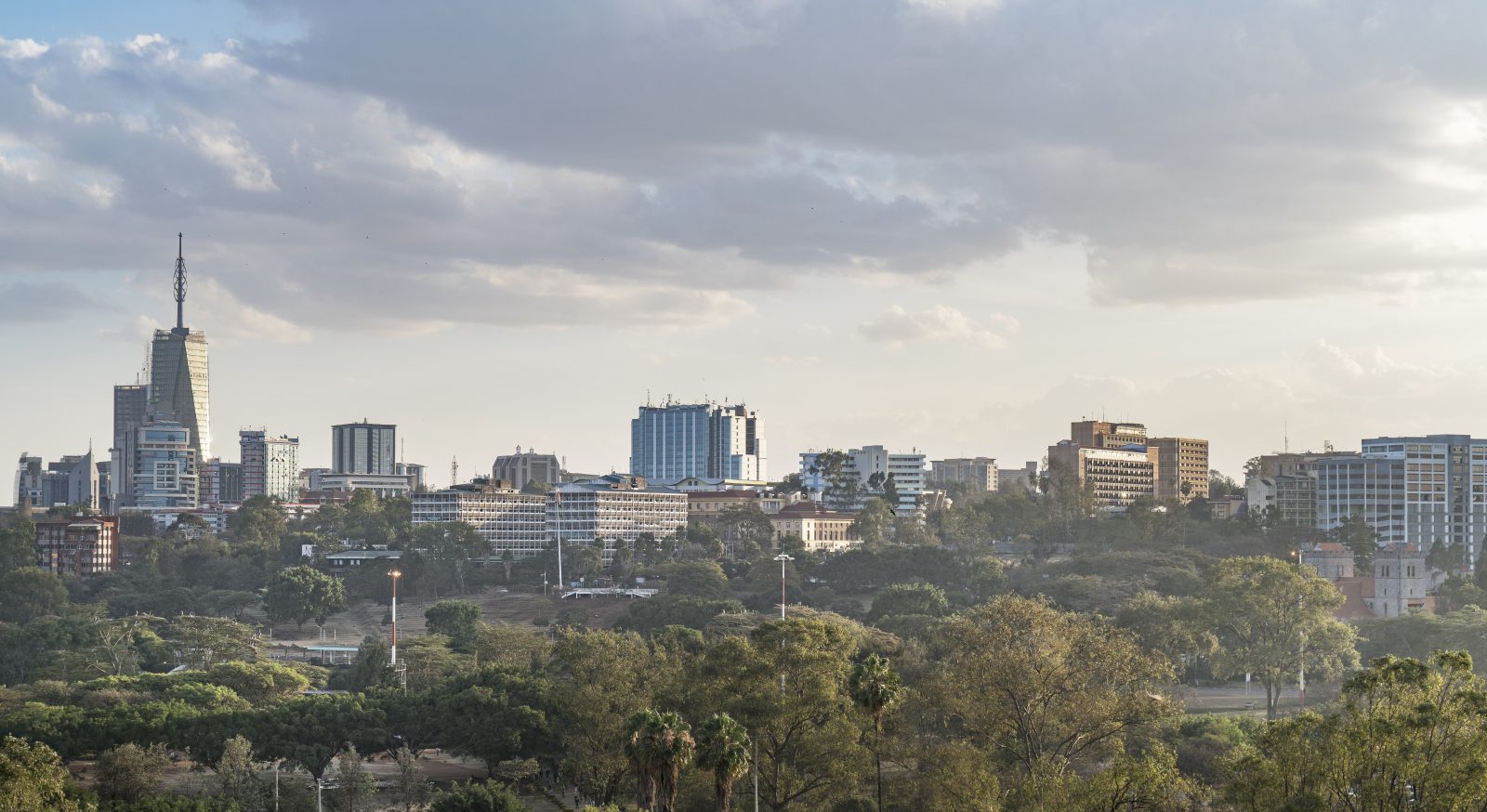


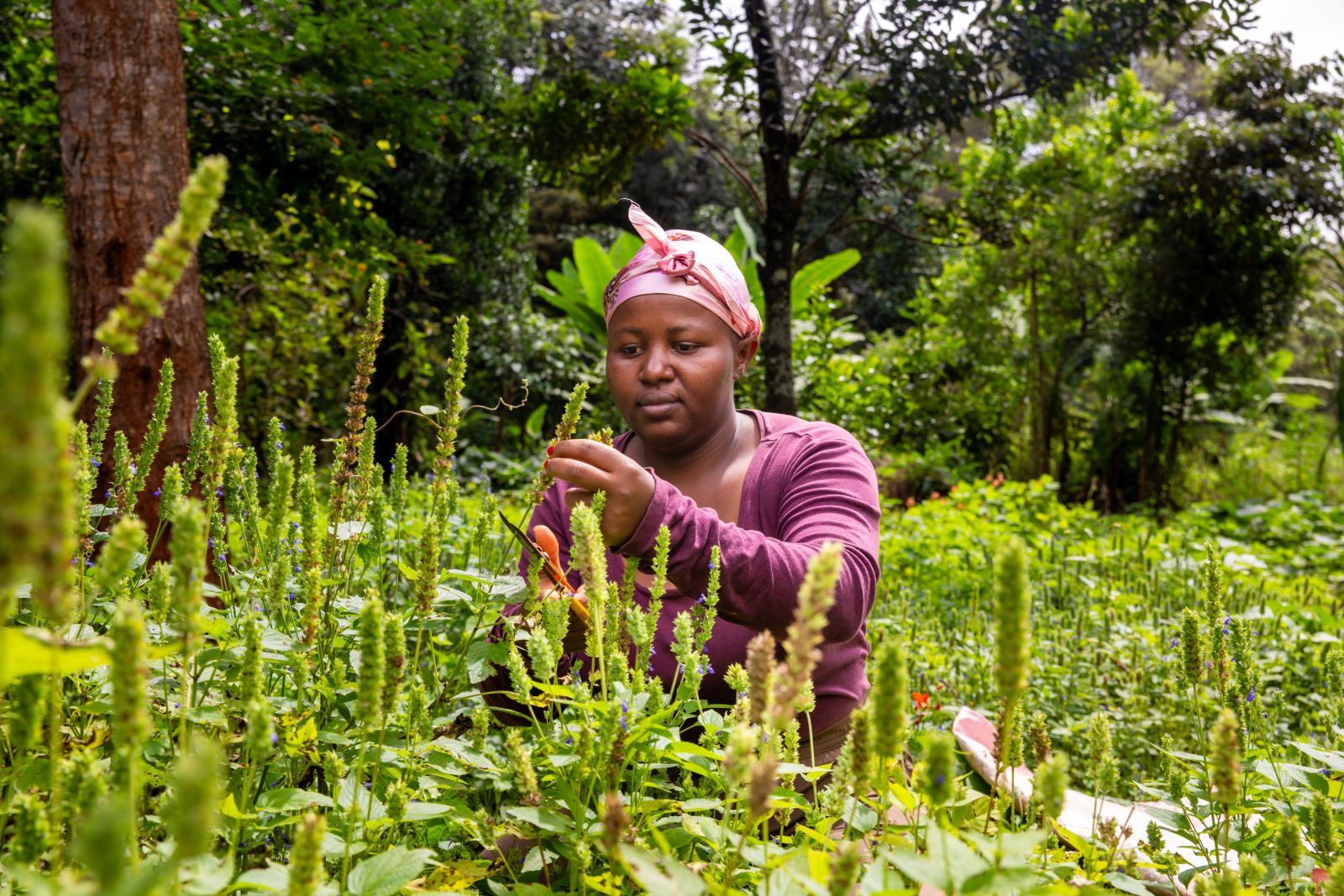
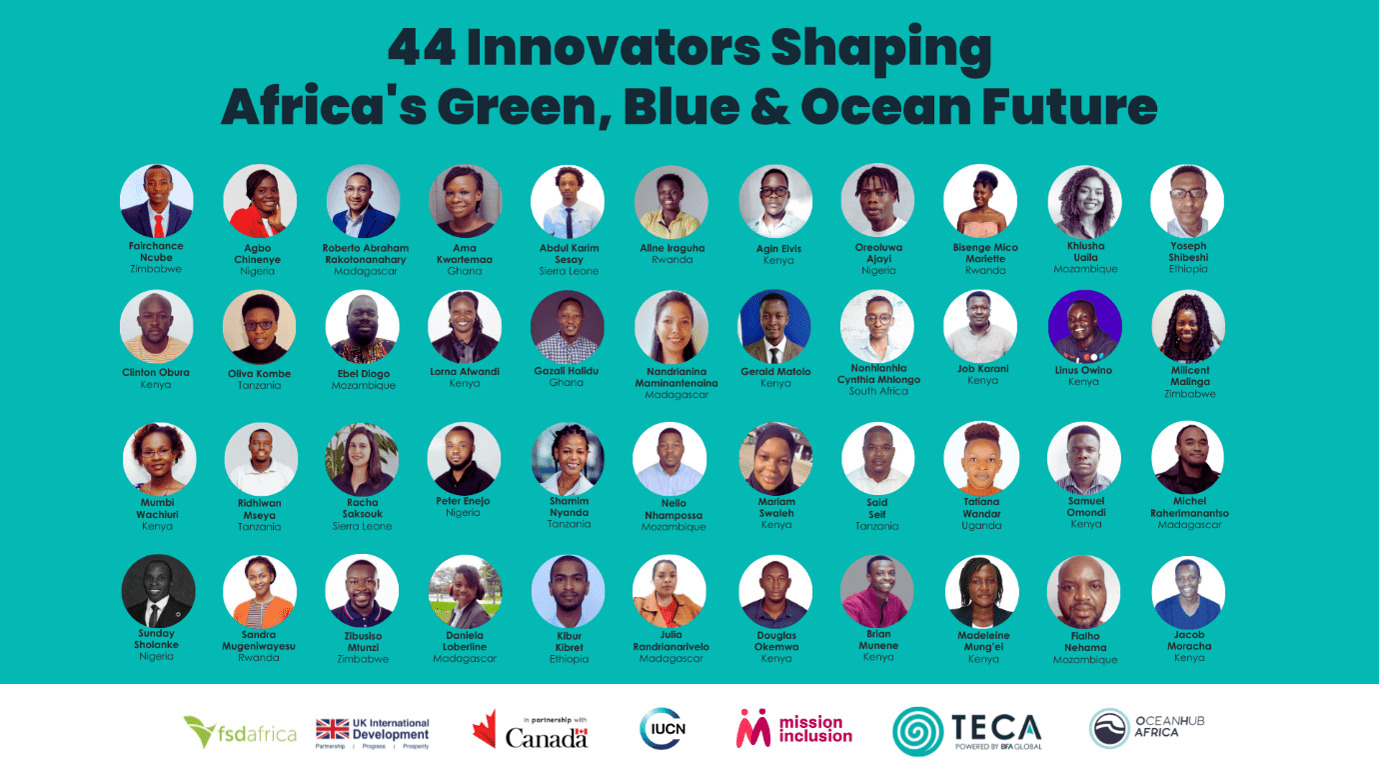
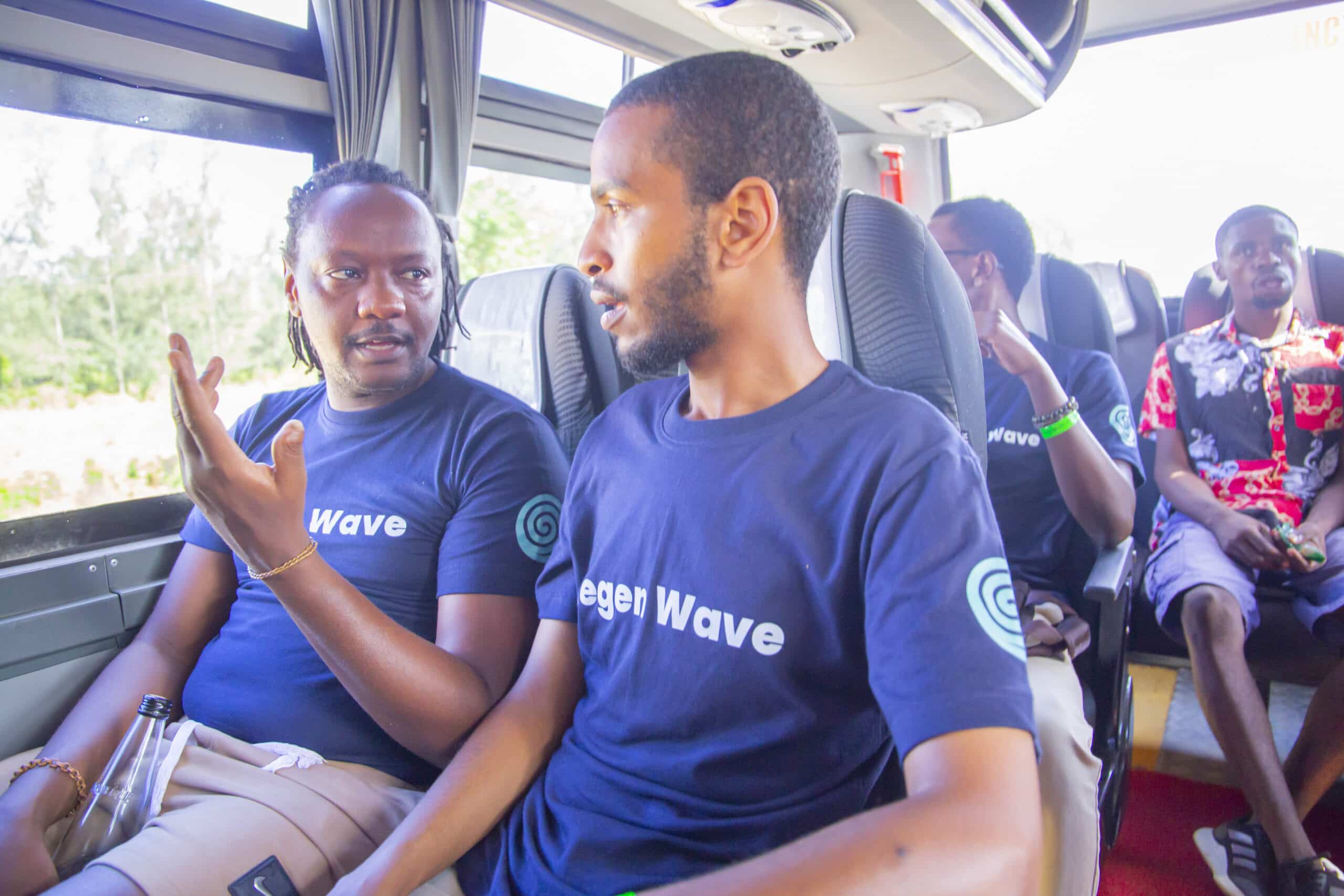
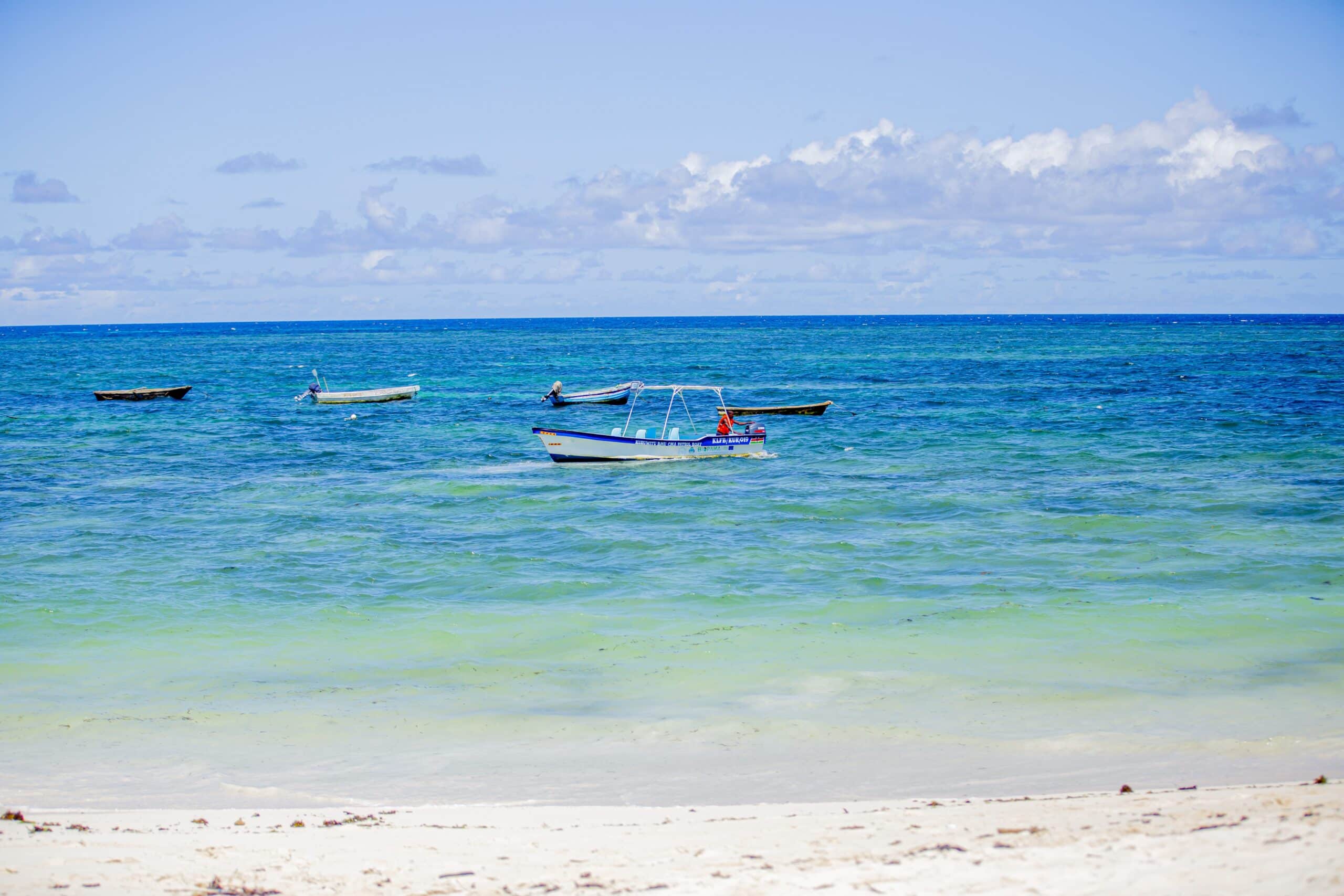
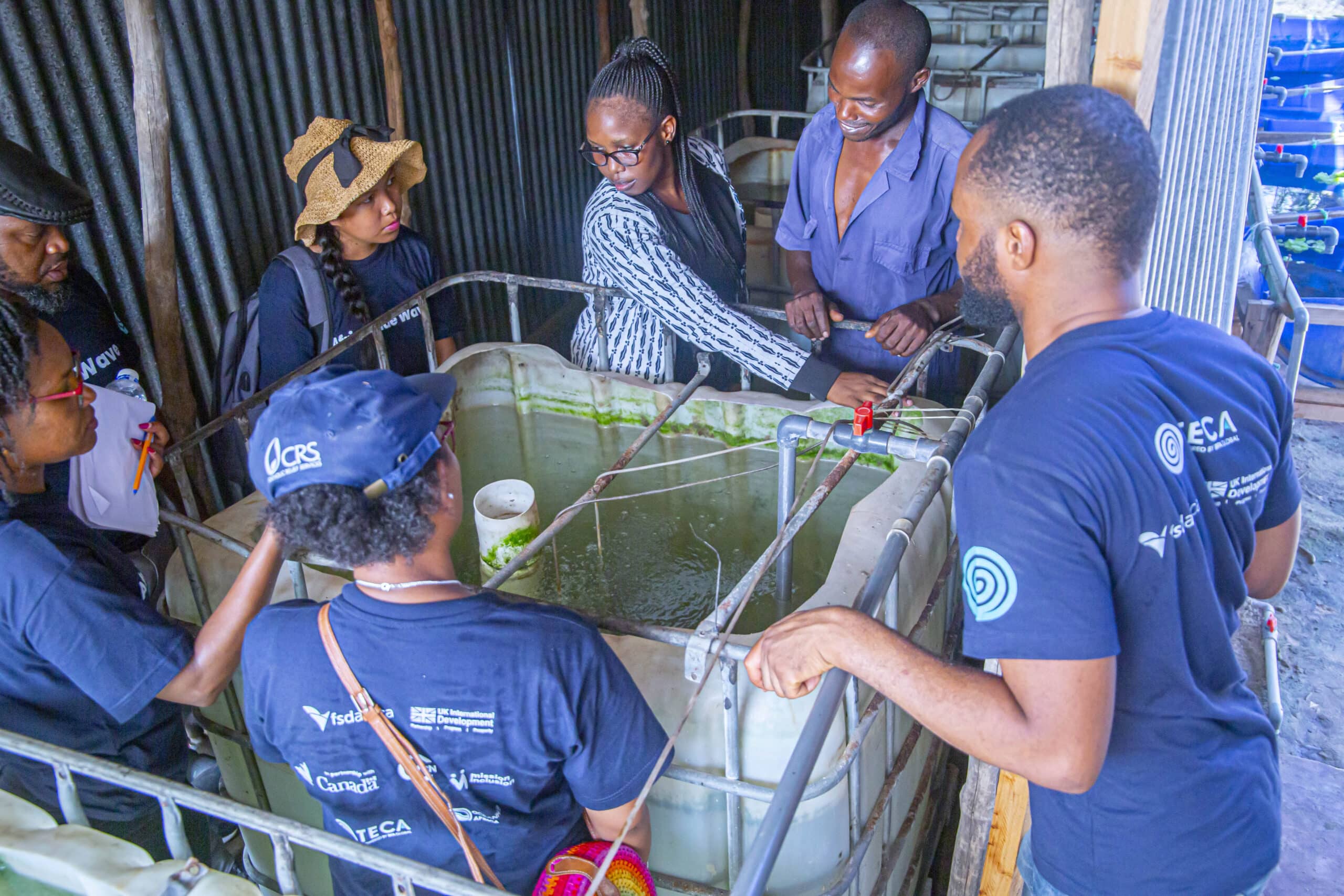
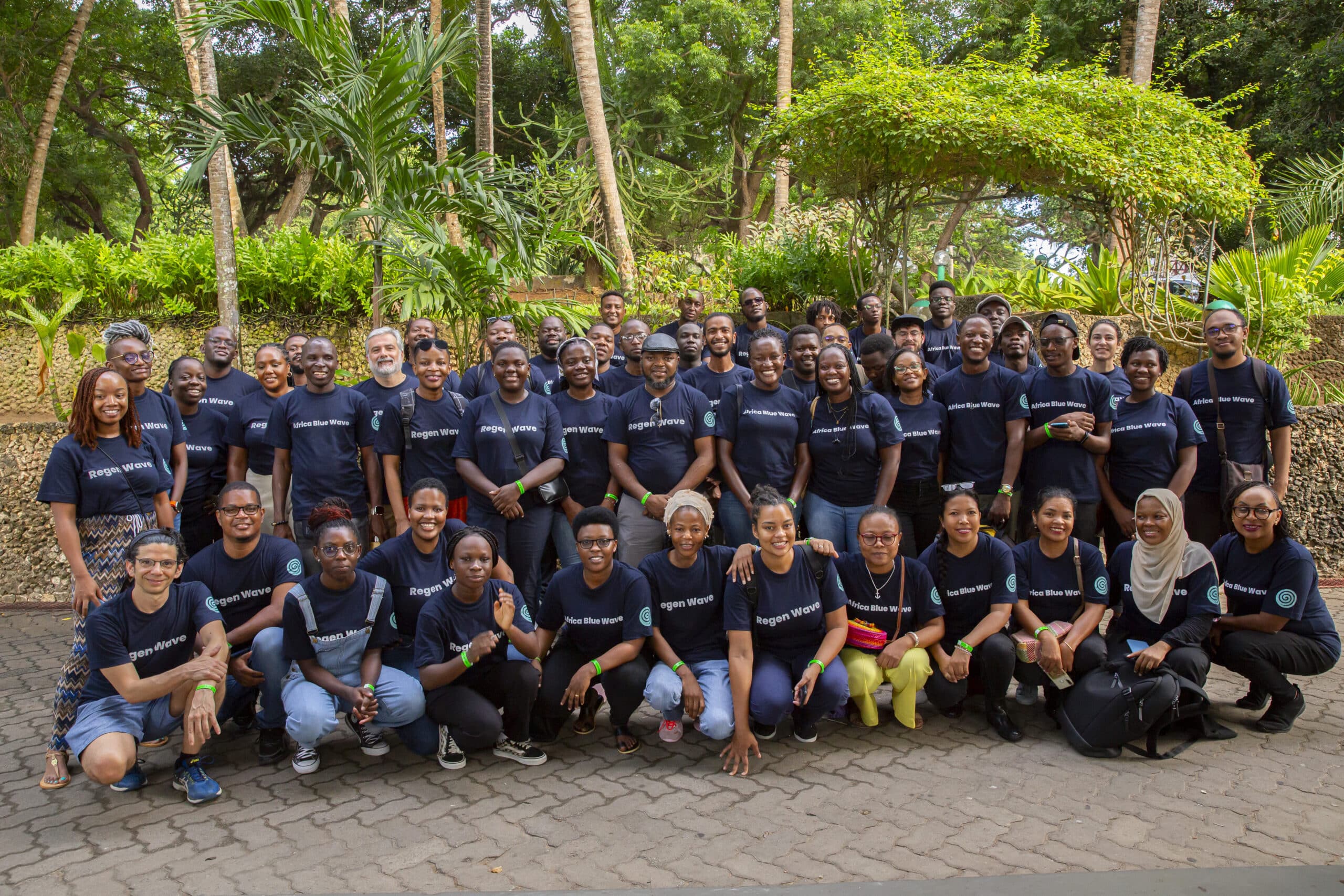
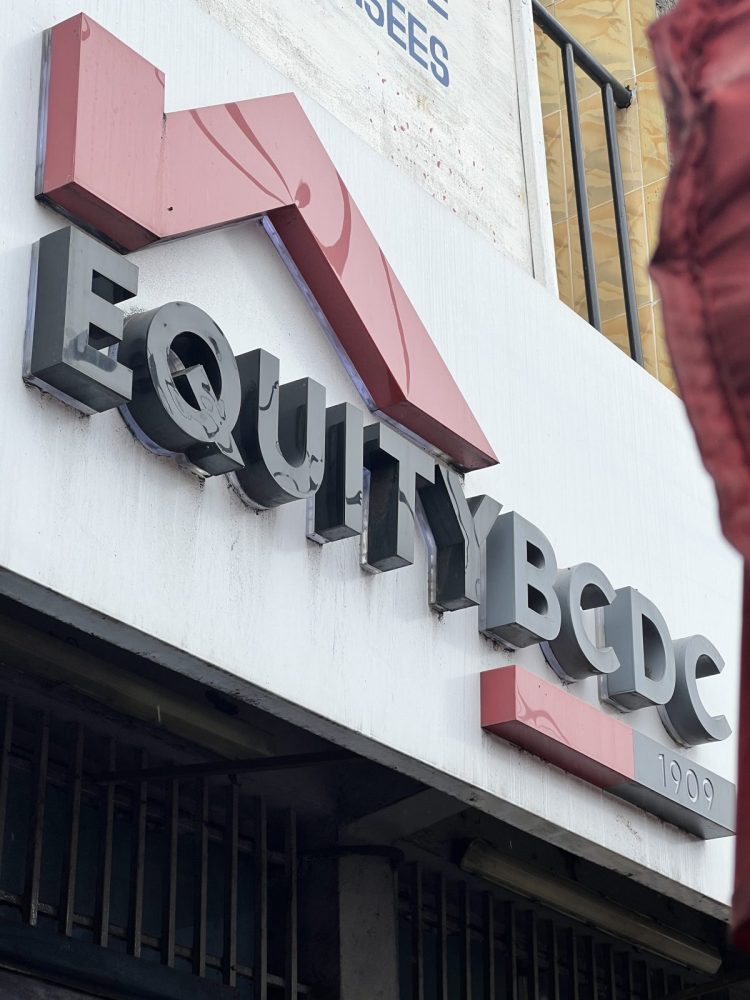
 How it started
How it started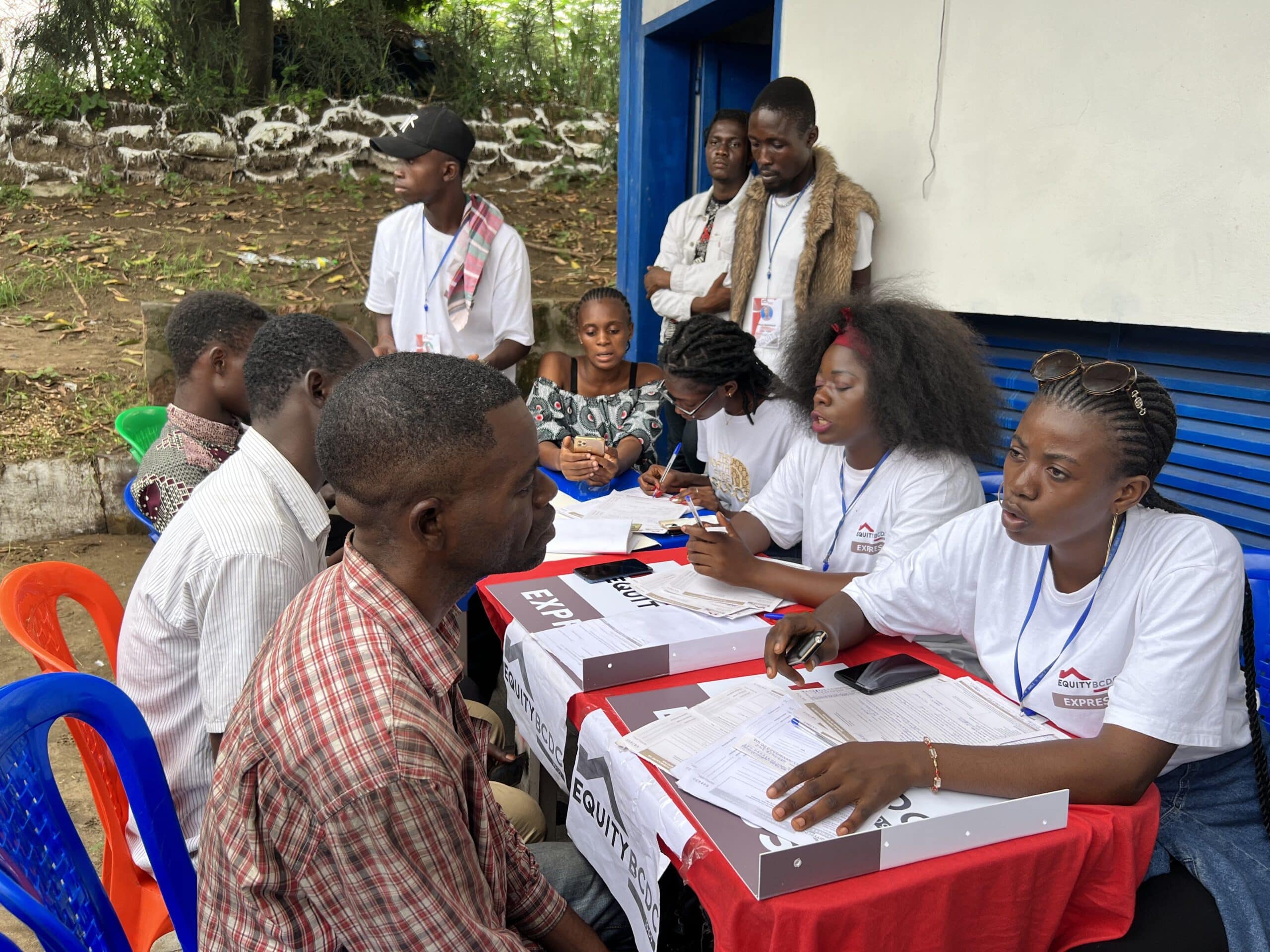
 What began as a dream evolved into an evident reality—a reality where farmers in Nsele can send money to their children in Kinshasa with a simple USSD code effortlessly without enduring long commutes. Where garbage collectors in Masina can reinvest their earnings to build a better future and inspire their community. Where women in Bunkeya foster empowerment and begin to see beyond traditional barriers, recognising the opportunities that access to finance affords.
What began as a dream evolved into an evident reality—a reality where farmers in Nsele can send money to their children in Kinshasa with a simple USSD code effortlessly without enduring long commutes. Where garbage collectors in Masina can reinvest their earnings to build a better future and inspire their community. Where women in Bunkeya foster empowerment and begin to see beyond traditional barriers, recognising the opportunities that access to finance affords.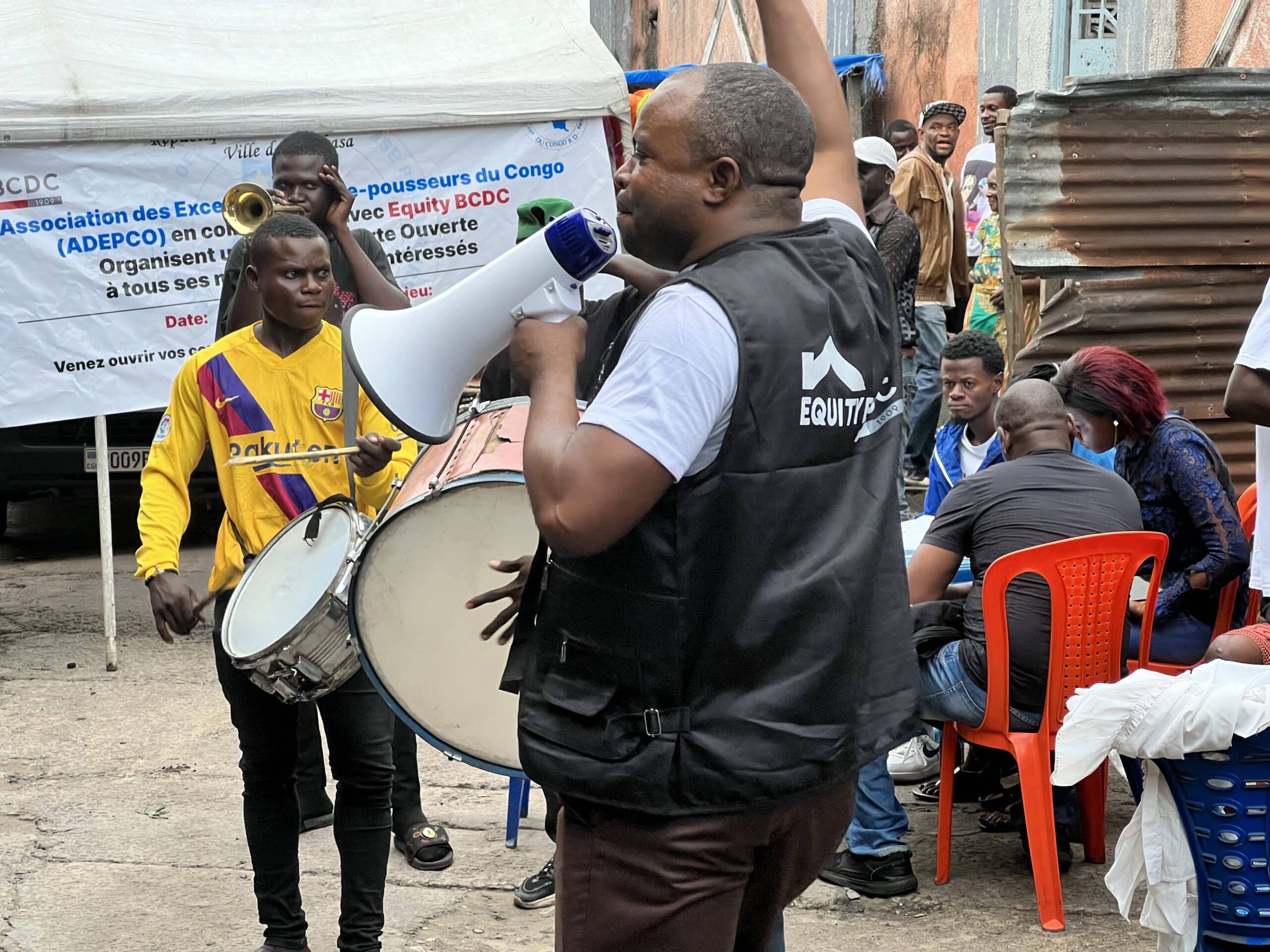 Transactions to transformation
Transactions to transformation